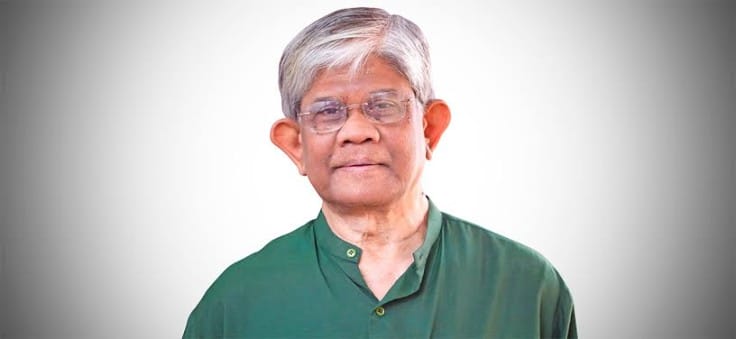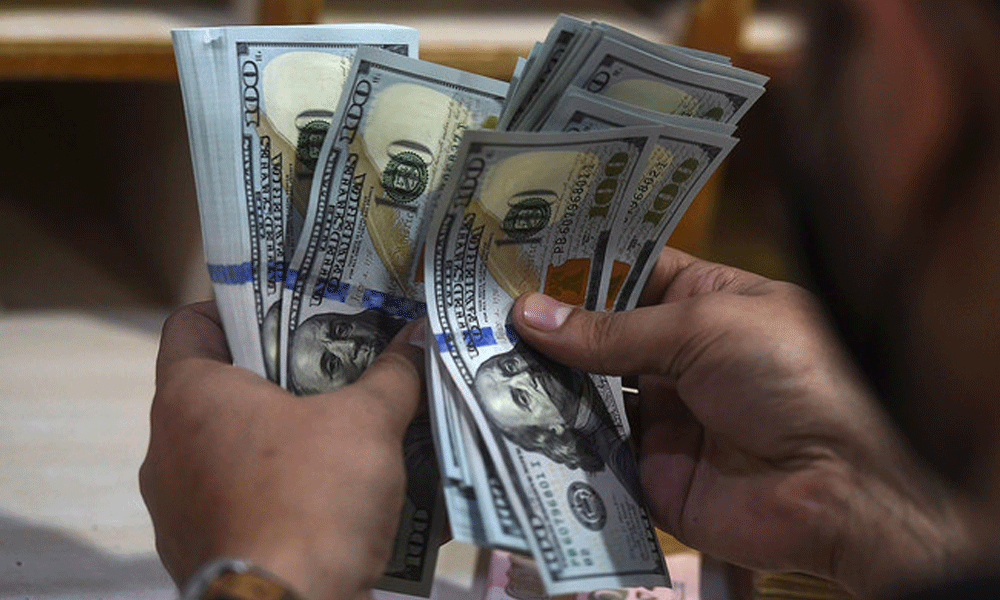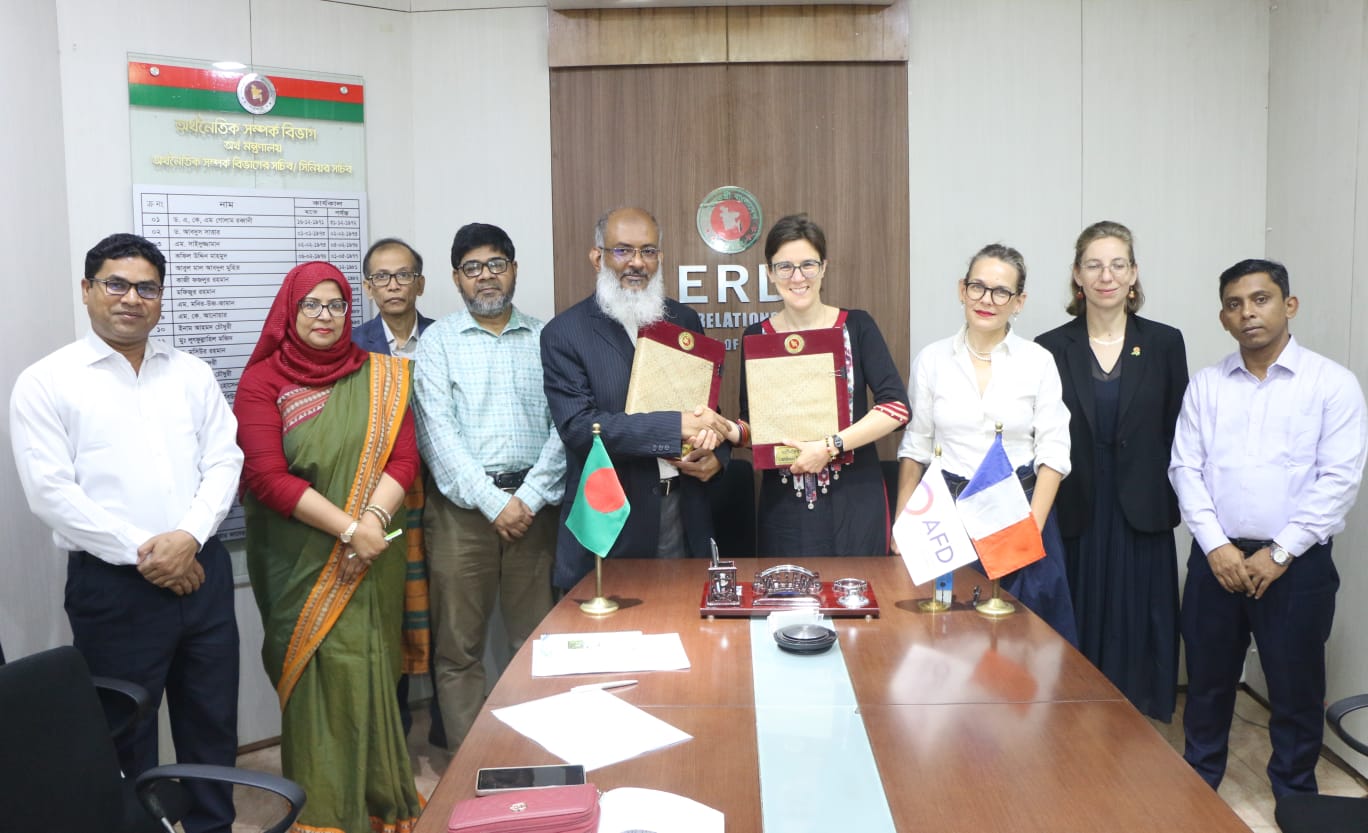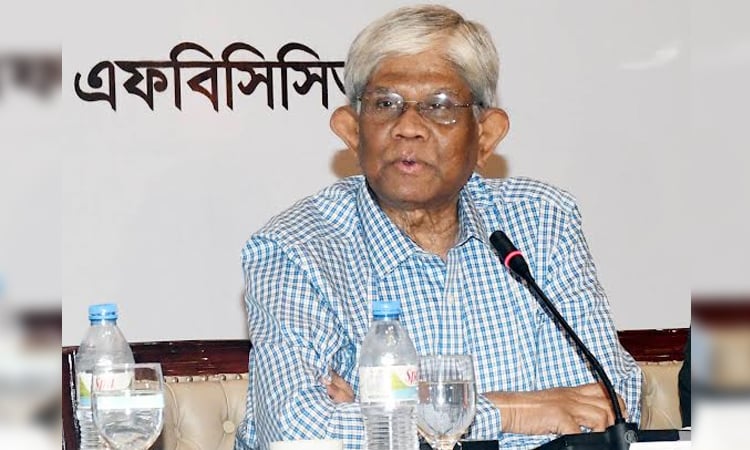
The disbursement of the fourth tranche of the ongoing loan program by the International Monetary Fund (IMF), amounting to $645 million, has been delayed, said Finance Adviser Dr. Salehuddin Ahmed. Instead of March, the proposal for releasing the fourth tranche is now expected to be presented to the IMF’s Executive Board in June, along with the proposal for the fifth tranche, he added.
The Finance Adviser made the remark after the second-day session of the Ministry of Finance at the Deputy Commissioners (DC) Conference at Osmani Memorial Hall in the capital on Monday.
Dr. Ahmed explained that the government is not rushing and emphasized that certain conditions need to be met before the funds are disbursed. He stated, “We are not hurrying. There are conditions we must fulfill, and we are not just following them blindly. Our macroeconomy is strong, with good current accounts, financial accounts, and remittances. We are not desperate.”
Regarding the possibility of the proposal being presented at the IMF Board in March, he confirmed that it would not happen then and added, “We are saying we will wait. In June, proposals for both the fourth and fifth tranches will be presented together.”
Initially, the proposal for the fourth tranche was scheduled to be presented during the IMF Executive Board meeting on February 5, but it was delayed to March 12 and is now postponed to June. If approved by the Board, the funds for both tranches could be disbursed shortly thereafter.
In a separate comment on discussions with the International Fund for Agricultural Development (IFAD), the Finance Adviser acknowledged IFAD’s significant contribution to the development of Bangladesh’s agricultural, fisheries, and livestock sectors. He added, “Without their support, we wouldn’t have been able to feed our 17 crore people. We have urged them to increase funding for these sectors.”
DCs instructed to list taxable earners in rural areas
Deputy Commissioners have been instructed to compile a list of businessmen, doctors, lawyers, and other government and private sector employees in districts, upazilas, and rural areas who are earning taxable incomes but not paying taxes, Finance Adviser Salehuddin Ahmed said at the Deputy Commissioners (DC) Conference.
The Adviser said, “Many people in rural areas are earning significant incomes, but they are not paying taxes. We aim to increase revenue by enhancing tax collection, and the NBR will now take the initiative in this matter. The DCs will provide a list.”
He further mentioned that doctors and lawyers in the country often conduct transactions in cash, which makes it difficult to bring them under the tax net. For example, the fees that doctors charge are not issued with receipts.
“If these fees were paid digitally, there would be a record. In foreign countries, everything is recorded.”
He added, “The attendants working with doctors, who collect the fees, should be provided with receipts for fee transactions. A similar system should be implemented for lawyers and other professionals as well.”
Salehuddin Ahmed said, “We can expand the tax net in remote areas to increase revenue. In short, instead of forcibly increasing the tax amount, we will focus on expanding the tax net. We have 50 to 60 million industrial establishments, but only about five million pay taxes.”
The Adviser also mentioned that the DCs have been instructed to focus on increasing employment in remote areas, stating, “We need to create more job opportunities in rural areas, which is easier to achieve. In China, rural industries are deeply connected, and products made in a remote Chinese village can even be found in America’s Walmart.”
“However, products from Bangladesh’s rural areas fail to reach markets due to a lack of communication. Without proper communication, balanced development will not be possible.”
He added, “The DCs discussed the need for improved communication in remote areas and better transportation for students. They also mentioned that small entrepreneurs in the SME sector struggle to access loans, and we will address this issue.”
The Adviser further stated, “We have discussed increasing communication between the government and the Deputy Commissioners.”








